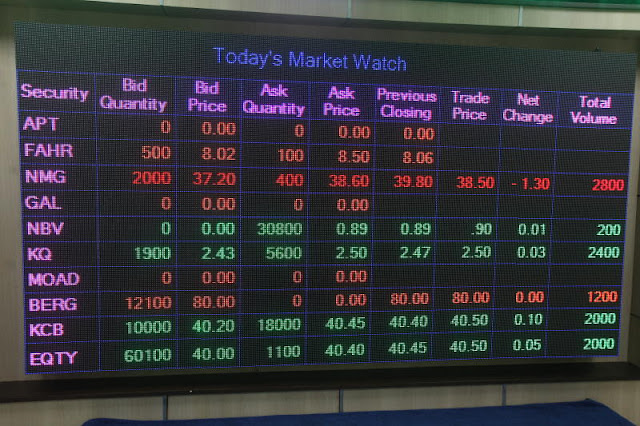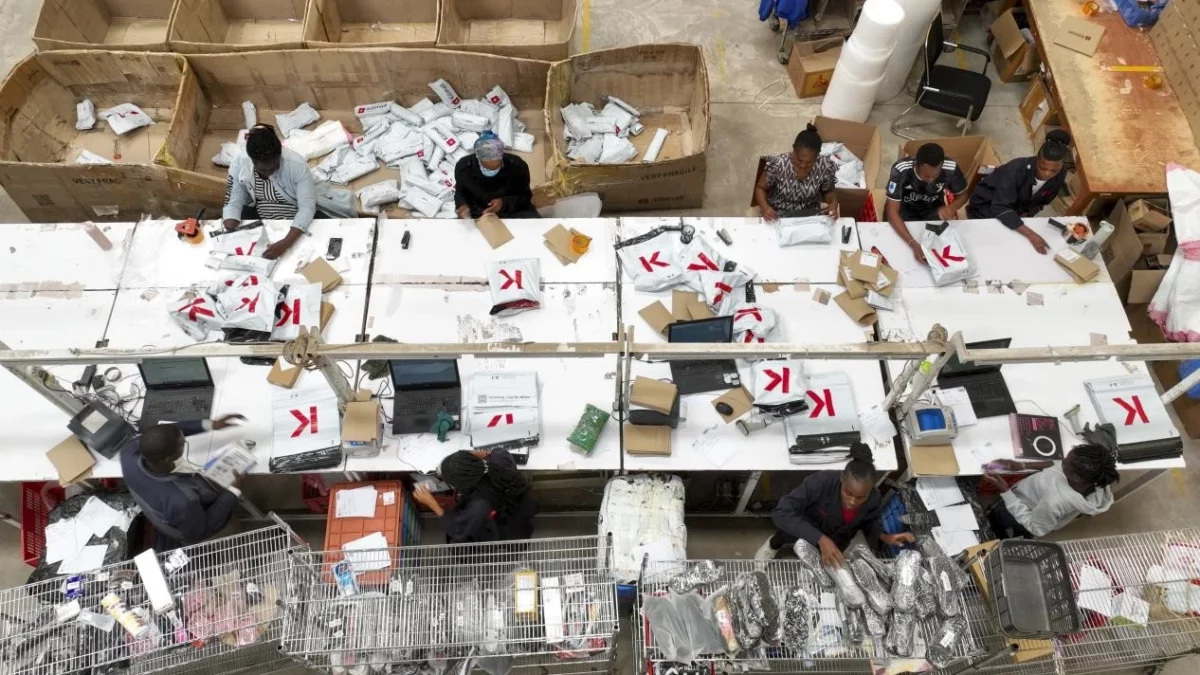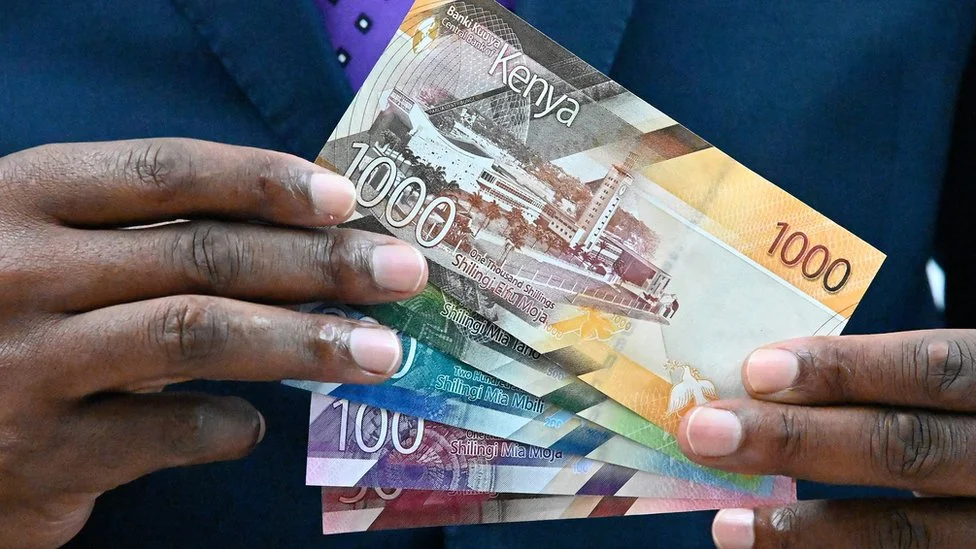The waiver is anticipated to address the “second leg” costs that investors are assessed when they sell or acquire equities following an initial transaction of purchase or sale.
The first half of a day trading transaction is subject to a 0.12% levy from the NSE, and the closing half is subject to an additional 0.114% levy.
The temporary suspension of some day trading fees has been announced by the Nairobi Securities Exchange (NSE).

The waiver is anticipated to address the “second leg” costs that investors are assessed when they sell or acquire equities following an initial transaction of purchase or sale.
After the market mechanism was introduced in November of last year, the bourse’s action is anticipated to improve the viability of day trading at the NSE.
“We won’t be charging on that second leg for a month starting today. To encourage activation, we are waiving fees for one month,” said NSE CEO Geoffrey Odundo.
The NSE levies a 0.12% fee for the opening half of a day trading transaction and an additional 0.114% fee for the closing half.
When shares of a security are purchased and sold on the same day on the same account, this is referred to as day trading.
The NSE is simultaneously urging more adoption of derivative contracts, particularly from institutional investors, as it hopes for increasing interest in derivatives trading in anticipation of a change in the market’s performance.
“We all know markets will recover and hope investors can take up contracts that track upwards with the market,” said Odundo.
Between April and June, market turnover for derivatives decreased by 36%, from Ksh43 million to Ksh27 million.
In the quarter, there were 934 traded futures contracts, a 21% decrease from the previous quarter’s total of 1188.
The NSE is placing its bet on the market’s recovery in the fourth quarter of the year following the end of cyclical investors’ mood downers like the August 9 General Elections.
After a significant sell-off in the first half of the year, which was partially caused by external shocks, the market is currently in the bear zone as international investors reallocated capital to safe-haven assets in their home nations.
However, in recent days, the NSE has rallied, suggesting that the market may have reached the bottom and is now ending its months-long bad run.



























